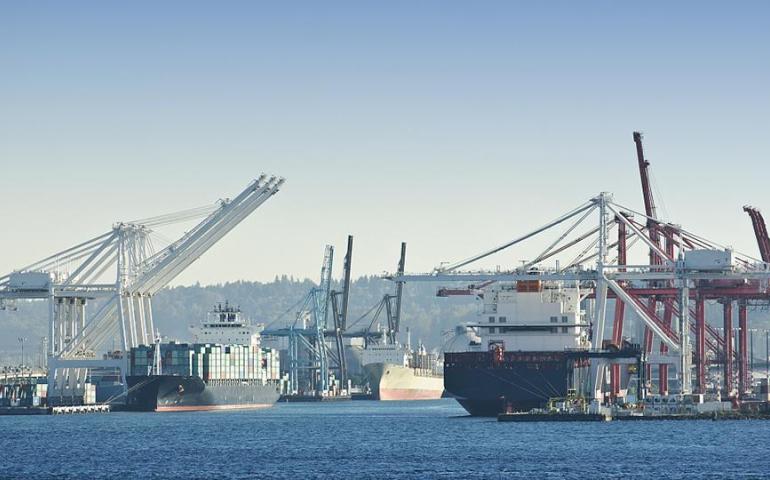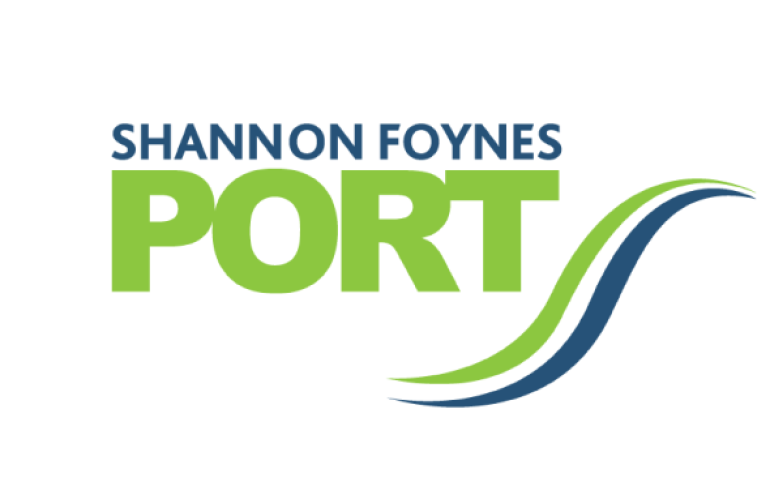
The 2013 Ports Study by the Irish Competition Authority evaluates the state of competition in Ireland’s ports sector, focusing on both inter-port (between ports) and intra-port (within ports) competition, particularly in the areas of Lo-Lo (lift-on/lift-off), Ro-Ro (roll-on/roll-off), and bulk cargo handling. The study was initiated at the request of the Minister for Jobs, Enterprise and Innovation to assess how competition in this sector supports national competitiveness.
Key Findings:
Inter-port competition is limited due to:
- Geographic and infrastructural constraints.
- Cargo specialisation and proximity to customers (e.g., heavy bulk cargo prefers nearby ports to minimize haulage costs).
- The dominance of large ports like Dublin and Belfast in attracting traffic away from smaller ports.
Intra-port competition is crucial, especially in Dublin, due to:
- Market concentration (Dublin handles a large share of national Lo-Lo and Ro-Ro traffic).
- Potentially anti-competitive leasing and licensing practices.
Long-term leases and licensing in Dublin Port may restrict competition:
Lo-Lo terminals have leases of up to 110 years.
Stevedore services are limited to a few operators with long-standing licences, creating effective monopolies.
Data collection and performance metrics are inadequate, hampering effective policy-making and oversight.
Recommendations:
- Shorten leases and amend licence renewal practices at Dublin Port to allow new market entrants.
- Increase stevedore licences, particularly in Dublin, to break existing monopolies and encourage competition.
- Avoid unnecessary port closures or amalgamations unless they clearly enhance competition.
- Reform port ownership and management models to prioritize intra-port competition.
- Limit government investment in port-related infrastructure to cases with clear, non-competition-based justification.
- Improve data collection and performance monitoring to inform future policy.
The study highlights that while inter-port competition is structurally limited, there is significant scope to improve competition within ports, especially by revisiting long-term contractual arrangements and enhancing transparency and oversight. The recommendations are directed primarily at the Department of Transport, Tourism and Sport, and relevant port authorities.





